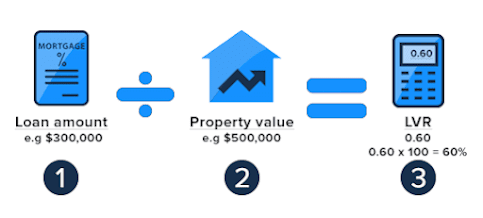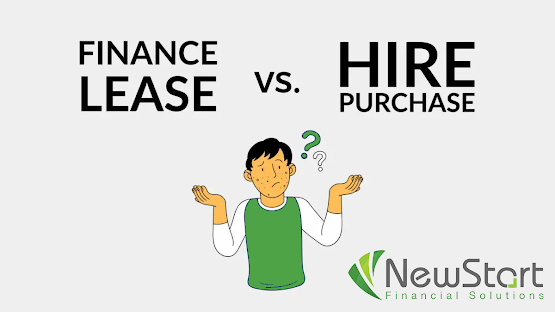Explaining LVR
What is the definition of LVR?
Loan-to-Value Ratio (LVR) is a financial metric used by lenders to assess the risk of a loan by comparing the amount of the loan to the appraised value of the property securing it. It's expressed as a percentage.
So how top you calculate this?
Its simple To calculate LVR, divide the loan amount by the appraised value of the property and multiply the result by 100. For example, if you have a $200,000 loan on a property valued at $250,000, the LVR would be 80% ([$200,000 / $250,000] * 100).
How does this play into the banks Risk Assessment you ask?
Lenders use LVR to evaluate the risk associated with a loan. Higher LVRs indicate a higher risk for the lender, as the borrower has less equity in the property. Lower LVRs generally suggest a more secure loan.
Well this is all great I’m sure you are thinking but how does this impact on Interest Rates?
LVR can influence the interest rates offered to borrowers. Lower LVRs may qualify for better interest rates and loan terms, while higher LVRs might result in higher interest rates or additional requirements, as those lenders aim to mitigate risk or minimise those risks.
Let’s focus on Limits and Mortgage Insurance: Lenders often set maximum LVR limits, beyond which borrowers may be required to obtain Lender's Mortgage Insurance also referred to as LMI. LMI protects the lender in case of default and is an additional cost for the borrower. Understanding LVR is crucial for borrowers navigating loan approvals and associated costs. Remember, there is a misconception out there in the market that LMI protects you as the borrow, this is not the case, it protects the bank who is paid by the insurance company in the event of default, the insurance company will then proceed to go after you for any losses incurred.
I spend a lot of time with clients, especially my younger clients or those new to obtaining mortgages breaking down some of these key fundamentals. If you are considering looking to purchase your first home, an investment property or any type of debt I’m happy to sit down with you and walk through some of these aspects
I will continue to blog about these different aspects in bite size learning, if there is anything specific people would like please leave a comment below and ill be happy to diver into it.





Comments
Post a Comment